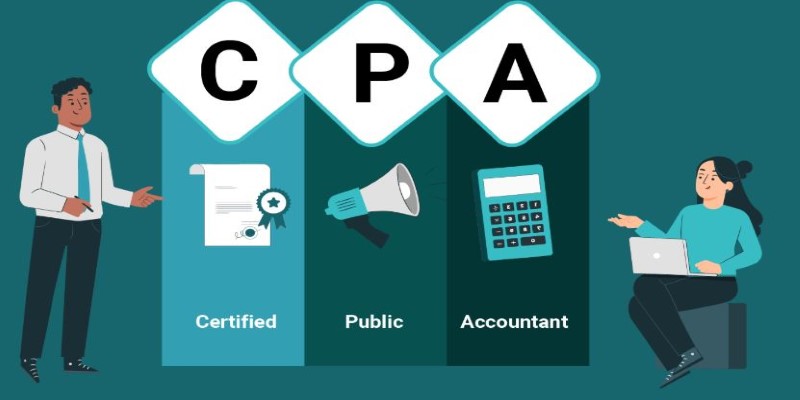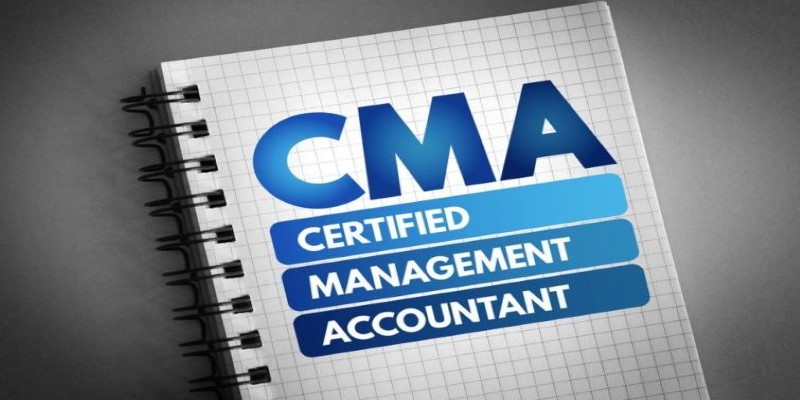The finance industry is fast-paced and competitive, where knowledge alone isn’t always enough to get ahead. Employers and clients look for credentials that prove expertise, commitment, and the ability to navigate complex financial landscapes. Whether you aim to specialize in investments, accounting, risk management, or financial planning, earning a recognized certification can be a game-changer.
A finance certification is more than putting letters behind your name—it tells employers and clients that you have the know-how and expertise to succeed. From advancing your earning potential to increasing career opportunities, the correct certification can unlock doors that experience cannot.
Top 10 Financial Certifications to Boost Your Career
Here's a breakdown of the 10 most valued financial certifications and how they can guide your career, enhancing credibility, expertise, and long-term success.
Chartered Financial Analyst (CFA)
The CFA designation is an industry gold standard for investment professionals, encompassing financial analysis, portfolio management, and ethical conduct. Issued by the CFA Institute, it involves passing three difficult exams and acquiring four years of appropriate experience. The CFA is perfect for asset managers, hedge fund analysts, and investment bankers wishing to increase their credibility. Demanding, yes, but this certification greatly increases career opportunities, resulting in greater salaries and senior positions in finance and investment businesses across the globe.
Certified Public Accountant (CPA)

A CPA designation is necessary for auditors, tax specialists, and financial reporters. Regulated by the AICPA, becoming a CPA involves passing a four-part exam and meeting education and experience requirements. Having this designation shows mastery in corporate finance and compliance. CPAs practice public accounting, government, and corporate finance, and they prepare financial statements, perform tax planning, and conduct audits. It is an essential designation for those who want to hold leadership positions in finance and accounting.
Certified Financial Planner (CFP)
The CFP certification is designed for professionals in personal finance and wealth management. Offered by the CFP Board, it covers investment planning, risk management, estate planning, and retirement strategies. To earn this credential, candidates must pass an extensive exam, complete financial planning coursework, and gain relevant experience. The CFP builds credibility and trust with clients, making it a valuable designation for financial advisors. It enhances career opportunities in financial planning, banking, and insurance industries.
Financial Risk Manager (FRM)
The FRM certification, awarded by GARP, is ideal for professionals in risk management, investment banking, and financial consulting. It focuses on credit risk, market risk, operational risk, and quantitative analysis. The program consists of two exam levels, and candidates must demonstrate relevant work experience. FRM-certified professionals help organizations mitigate financial risks and navigate regulatory challenges. This credential is highly valued in financial institutions, hedge funds, and regulatory agencies, providing strong career advancement opportunities.
Chartered Alternative Investment Analyst (CAIA)
The CAIA certification specializes in alternative investments, including hedge funds, private equity, and real estate. Issued by the CAIA Association, it consists of two exam levels covering risk management and investment strategies beyond traditional securities. This credential is ideal for professionals in asset management, private equity firms, and institutional investment roles. As alternative investments grow in popularity, CAIA holders gain an edge in specialized finance fields, making them attractive candidates for senior investment positions.
Chartered Financial Consultant (ChFC)
The ChFC designation, offered by the American College of Financial Services, is an alternative to the CFP. It focuses on financial planning, risk management, and wealth strategies and provides additional training in estate planning, insurance, and retirement solutions. This certification is well-suited for financial advisors seeking an advanced understanding of comprehensive financial planning. A ChFC credential helps advisors differentiate themselves in the industry, offering tailored solutions for clients’ financial goals while expanding career prospects in financial services.
Certified Treasury Professional (CTP)
The CTP certification, administered by the Association for Financial Professionals (AFP), is designed for professionals handling corporate cash flow, liquidity, and risk management. It covers treasury operations, financial forecasting, and working capital management. The credential is highly valued in corporate finance, making it ideal for treasurers, financial managers, and cash management specialists. With increasing corporate focus on liquidity management, the CTP designation enhances career opportunities in multinational corporations, financial institutions, and consulting firms.
Certified Management Accountant (CMA)

The CMA certification, issued by the Institute of Management Accountants (IMA), is tailored for professionals in corporate finance and management accounting. It covers financial planning, cost management, performance evaluation, and strategic decision-making. The exam consists of two parts, and candidates must fulfill work experience requirements. CMAs play a critical role in financial decision-making for businesses, often holding leadership positions like CFOs, financial controllers, and corporate strategists. This certification bridges finance, accounting, and business strategy.
Accredited Investment Fiduciary (AIF)
The AIF certification, offered by the Center for Fiduciary Studies, focuses on ethical investment management and fiduciary responsibilities. It is ideal for financial advisors, wealth managers, and investment consultants who oversee portfolios for clients, retirement plans, or institutional investors. The certification enhances credibility in financial advisory roles by ensuring compliance with fiduciary best practices. AIF holders demonstrate expertise in investment decision-making and ethical asset management, making them trusted professionals in financial planning and wealth management.
Financial Modeling and Valuation Analyst (FMVA)
The FMVA certification, provided by the Corporate Finance Institute (CFI), equips professionals with practical financial modeling and valuation skills. It focuses on financial statement analysis, business valuation, and investment decision-making. Unlike traditional finance certifications, the FMVA emphasizes hands-on training applicable to investment banking, private equity, and corporate finance. This designation is ideal for financial analysts and consultants looking to strengthen their financial modeling expertise, making them valuable assets in financial decision-making and deal structuring.
Conclusion
Financial certifications do more than enhance a résumé—they open doors to better opportunities, higher salaries, and career advancement. Whether you specialize in investments, accounting, or risk management, earning a recognized credential validates your expertise and sets you apart in a competitive industry. As finance continues to evolve, staying relevant requires continuous learning. Choosing the right certification depends on your goals, but each one provides a pathway to long-term success, industry recognition, and greater professional credibility.












